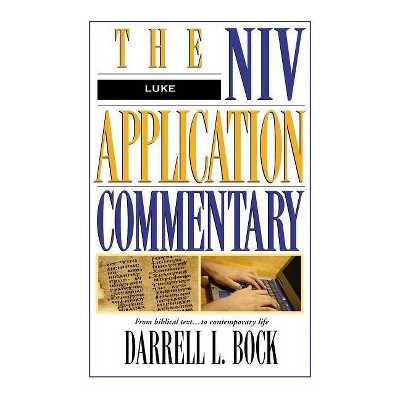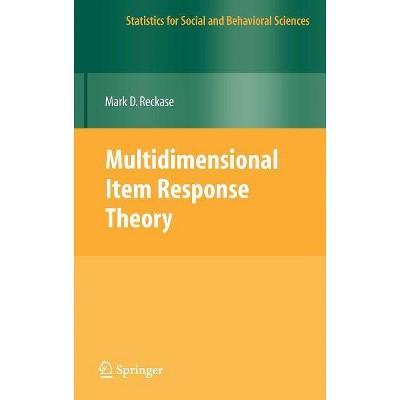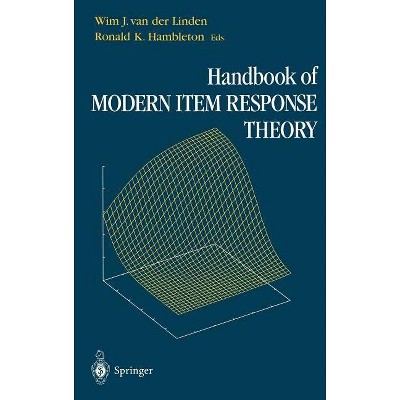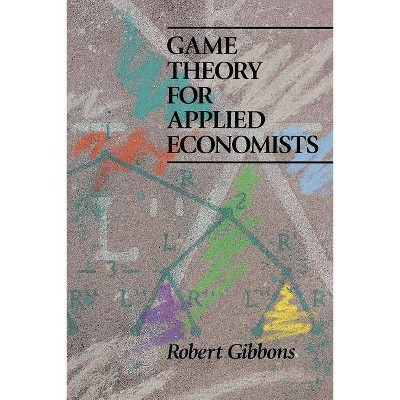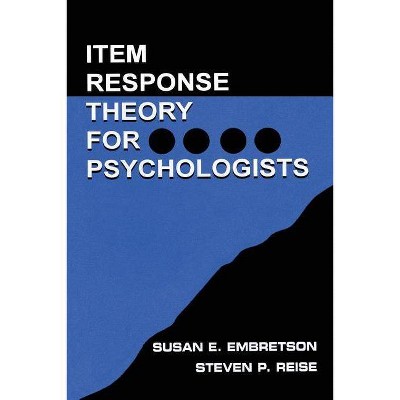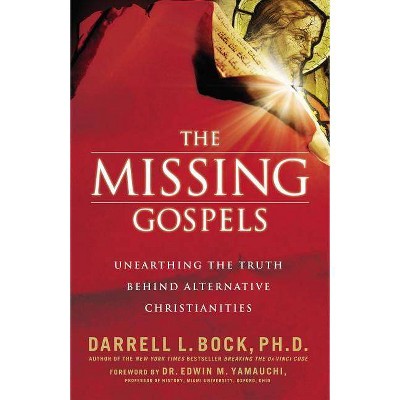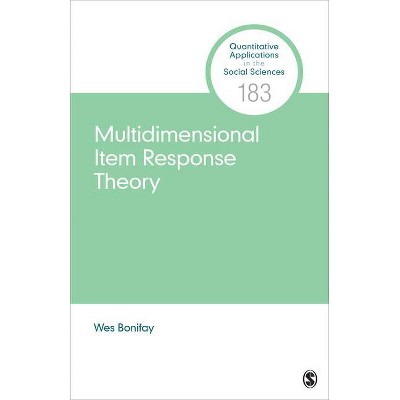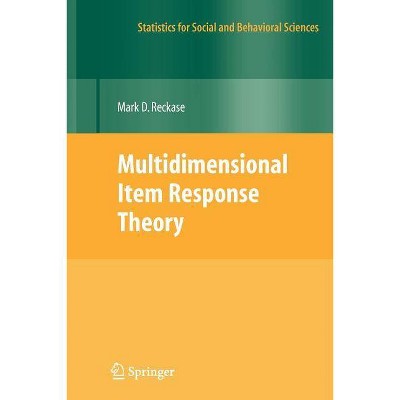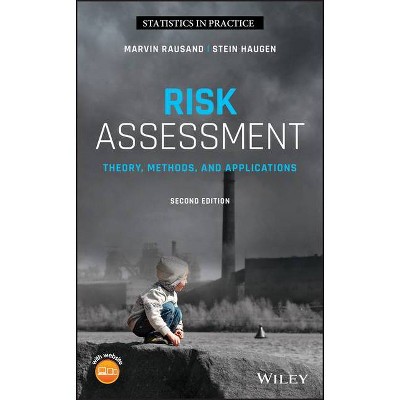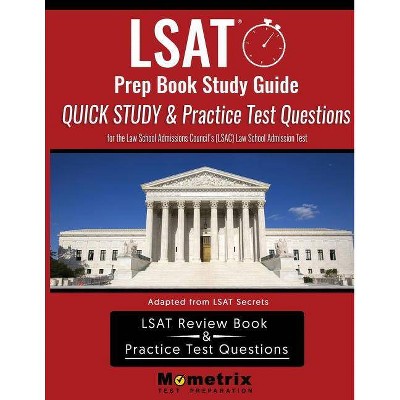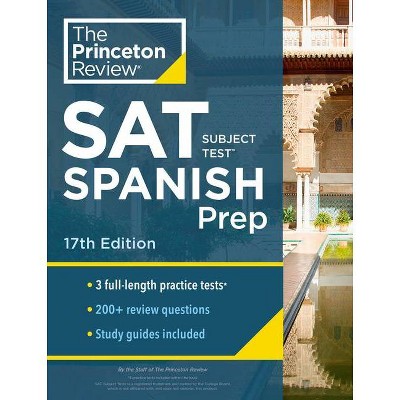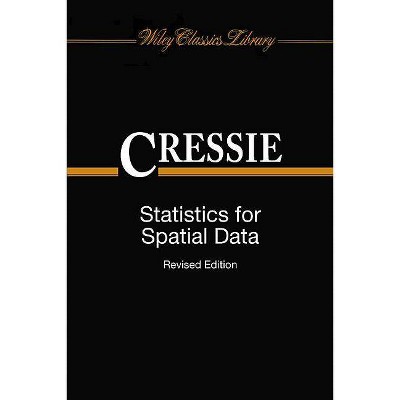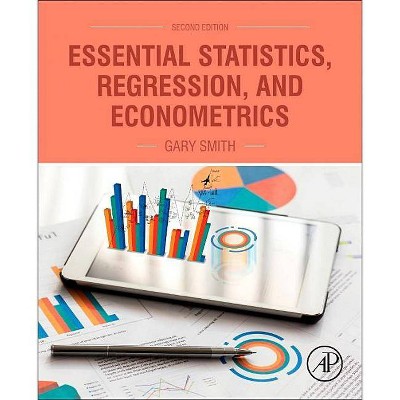Item Response Theory - by R Darrell Bock & Robert D Gibbons (Hardcover)
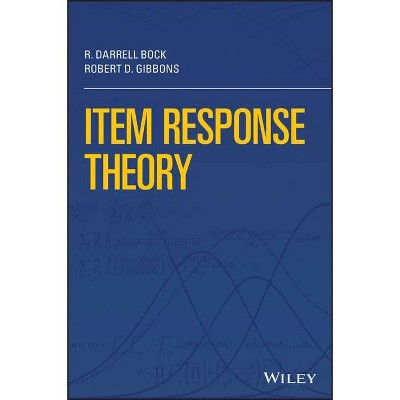
Similar Products
Products of same category from the store
AllProduct info
<p/><br></br><p><b> About the Book </b></p></br></br>"To date, much of the application of IRT has been in the field of educational measurement, where for example, IRT has been used extensively by the Educational Testing Service for the development of scholastic aptitude tests. IRT has played a major role in all major college and graduate school admission tests (SAT, ACT, GRE, GMAT, MCAT, ...). Unlike traditional tests based on classical test theory that summarizes the test result by a simple counting operation of number of correct responses, IRT provides model-based measurements in which the difficulty of the items, discrimination of high and low levels of the underlying latent variable(s) and the corresponding ability of the respondents can be estimated. In IRT scoring of tests, a certain number of items can be arbitrarily added, deleted, or replaced without losing comparability of scores on the scale. Only the precision of measurement at some points on the scale is affected. This property of scaled measurement, as opposed to counts of events, is the most salient advantage of IRT over classical methods of educational and psychological measurement. The evolution of IRT is now going beyond educational measurement. Recent advances in multidimensional extensions of IRT and computerized adaptive testing are leading to major advances in patient reported outcome measures of physical and emotional well being. In mental health research, IRT is now leading to a major paradigm shift in the screening and measurement of mental health disorders, substance abuse and suicidality, one of the leading causes of death in the world. Multidimensional IRT extends the tools used to evaluate essentially unidimensional constructs such as mathematical ability to the measurement of complex traits such as depression, anxiety and psychosis. In the next five years we expect that the use of multidimensional IRT for the measurement of complex traits will extend to other areas of health sciences and to problems in marketing research and practice where rapid adaptive tests administered through the internet will be able to precisiely measure consumer affinity for different products, events, and market sectors. The methods described in this book will provide the foundation for these future developments"--<p/><br></br><p><b> Book Synopsis </b></p></br></br><p><b>A complete discussion of fundamental and advanced topics in Item Response Theory written by pioneers in the field</b></p> <p>In <i>Item Response Theory</i>, accomplished psychometricians Darrell Bock and Robert Gibbons deliver a comprehensive and up-to-date exploration of the theoretical foundations and applications of Item Response Theory (IRT). Covering both unidimensional and multidimensional IRT, as well as related adaptive test administration of previously calibrated item banks, the book addresses the growing need for understanding of this topic as the use of IRT spreads to other fields.</p> <p>The first book on the topic that offers a complete and unified treatment of its subject, <i>Item Response Theory </i>prepares researchers and students to understand and apply IRT and multidimensional IRT to fields like education, mental health and marketing. Accessible to first year-graduate students with a foundation in the behavioral or social sciences, basic statistics, and generalized linear models, the book walks readers through everything from the logic of IRT to cutting edge applications of the technique.</p> <p>Readers will also benefit from the inclusion of: </p> <p>- A thorough introduction to the foundations of Item Response Theory, including its logic and origins, model-based measurement, psychological scaling, and classical test theory</p> <p>- An exploration of selected mathematical and statistical results, including points, point sets, and set operations, probability, sampling, and joint, conditional, and marginal probability</p> <p>- Discussions of unidimensional and multidimensional IRT models, including item parameter estimation with binary and polytomous data</p> <p>- Analysis of dimensionality, differential item functioning, and multiple group IRT</p> <p>Perfect for graduate students and researchers studying and working with psychometrics in psychology, quantitative psychology, educational measurement, marketing, and statistics, <i>Item Response Theory </i>will also benefit researchers interested in patient reported outcomes in health research.</p><p/><br></br><p><b> About the Author </b></p></br></br><p><b>Darrell Bock</b> is Professor Emeritus at the University of Chicago and is one of the world's leading psychometricians. He coined the term Item Response Theory.</p> <p><b>Robert Gibbons</b> is the Blum-Riese Professor of Biostatistics and Pritzker Scholar at the University of Chicago. He is a Fellow of the American Statistical Association, the Royal Statistical Society, and the International Statistical Institute. He is a pioneer of Multidimensional Item Response Theory.</p>
Price History
Price Archive shows prices from various stores, lets you see history and find the cheapest. There is no actual sale on the website. For all support, inquiry and suggestion messagescommunication@pricearchive.us
